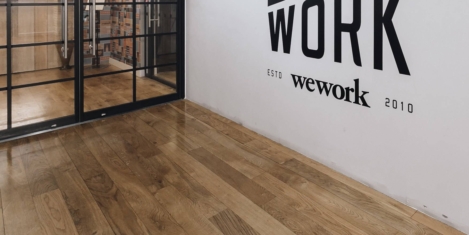September 3, 2015
Traffic congestion costing UK firms £4.5 billion a year, claims report 0
 The daily grind of commuting to work is not only taking its toll on the health, wellbeing and fuses of employees, it is also costing businesses billions of pounds a year in lost working hours, claims a new report from fleet management firm Lex Autolease. The study, part of the firm’s annual survey of trends in corporate car use, estimates that employees spend around 13 percent of their work-related journey times held up by jams and congestion and that the 1,041 people surveyed also spent an average of 70 minutes each day in their car travelling to and from work. In addition, around one in twenty (5 percent) of people commute for more than three hours each day, while just 8 percent said they were based from home so commuting wasn’t an issue. The study concludes that this costs UK employers some £4.5 billion each year.
The daily grind of commuting to work is not only taking its toll on the health, wellbeing and fuses of employees, it is also costing businesses billions of pounds a year in lost working hours, claims a new report from fleet management firm Lex Autolease. The study, part of the firm’s annual survey of trends in corporate car use, estimates that employees spend around 13 percent of their work-related journey times held up by jams and congestion and that the 1,041 people surveyed also spent an average of 70 minutes each day in their car travelling to and from work. In addition, around one in twenty (5 percent) of people commute for more than three hours each day, while just 8 percent said they were based from home so commuting wasn’t an issue. The study concludes that this costs UK employers some £4.5 billion each year.



































September 2, 2015
Flexible working key to counteracting female workers’ ‘baby shame’ 0
by Sara Bean • Comment, Flexible working, News, Workplace
(more…)